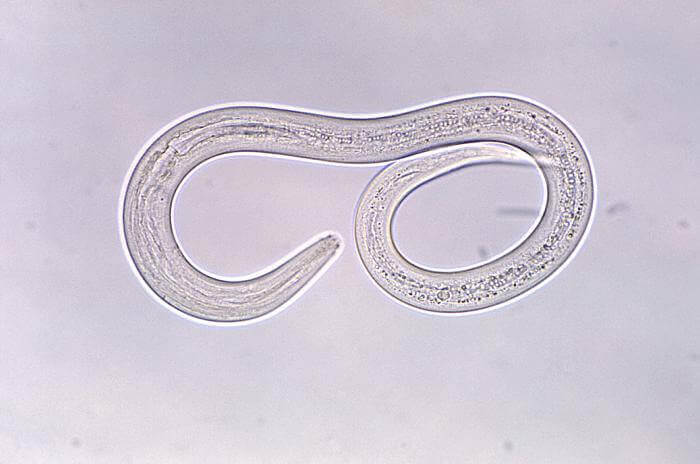Kat KelleyGHTC
Kat Kelly is a senior program assistant at GHTC who supports GHTC's communications and member engagement activities.

A recently released clinical report from the US Centers for Disease Control and Prevention details a case of a Colombian man who developed cancerous tumors on his lungs and liver that were comprised of tapeworm cells, rather than human cells. An estimated 75 million people are infected by Hymenolepis nana, the most common human tapeworm, however, this is the first reported case of cancer spreading across species to humans. The team suspects that the tapeworm vector did not have cancer, but rather that one of its eggs mutated within the patient’s gut into cancerous cells.
International Partnership for Microbicides (IPM), a member of the GHTC, is conducting Phase I clinical trials of a novel HIV and AIDS prevention method known as DS003. The drug binds to a protein on the surface of the HIV virus, preventing it from entering human immune cells. The trial will involve three stages, during which nine women will receive the drug and three will receive a placebo, enrolling 36 volunteers in total. At each stage, the participants will receive increasingly higher doses, from 1 to 10 mg, assuming that the previous stage demonstrated the drug to be safe and tolerable. The drug will be tested as a vaginal tablet, and if successful, DS003 will likely be tested in vaginal rings and/or in combination with other antiretroviral drugs.
The fastest and most accurate tuberculosis (TB) diagnostic test will soon be available as a portable and more affordable device, making it more accessible in low-resource settings. Cepheid Inc.’s GeneXpert was endorsed by the World Health Organization in 2010, and its use increases the accuracy of diagnosis by 39 percent, however, the machine costs US$17,000 and requires electricity, refrigeration, and access to a computer. The new GeneXpert Omni will be rolled out early next year at a fraction of the cost—$2,895 for the machine and $10 per cartridge. The Omni runs on a battery and connects to a smartphone, weighs just 2.2 pounds, and can diagnose drug-resistant TB along with 23 other diseases.